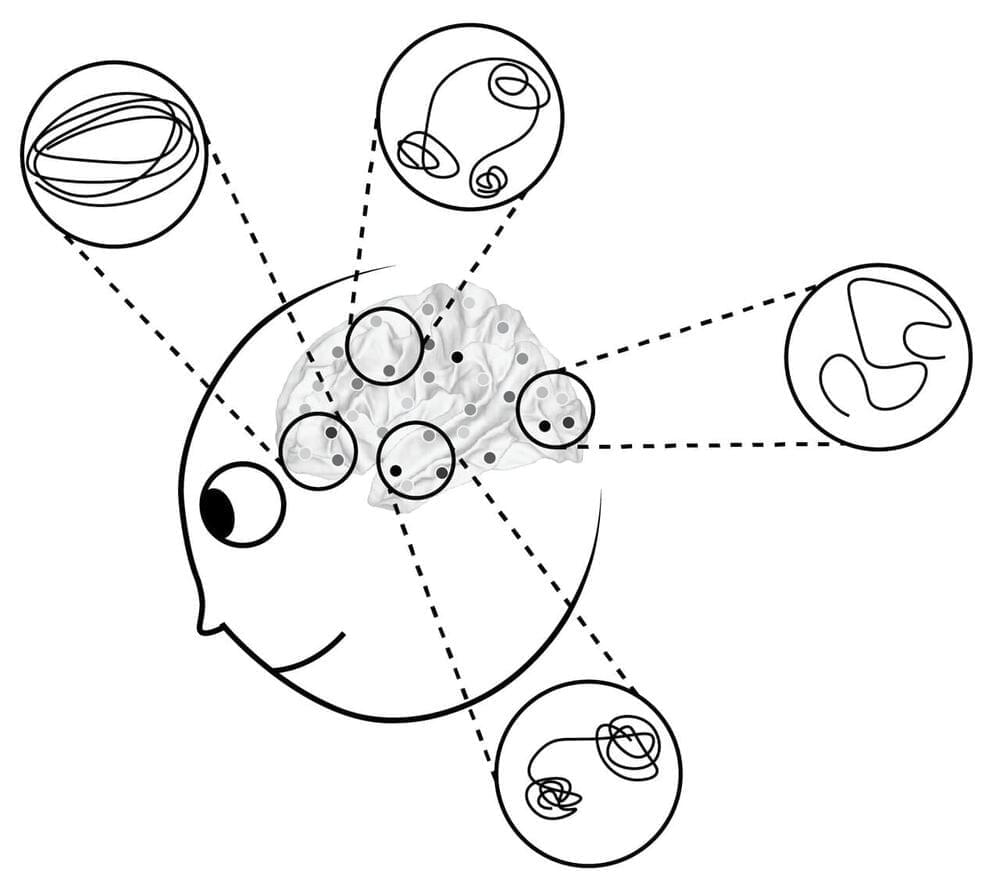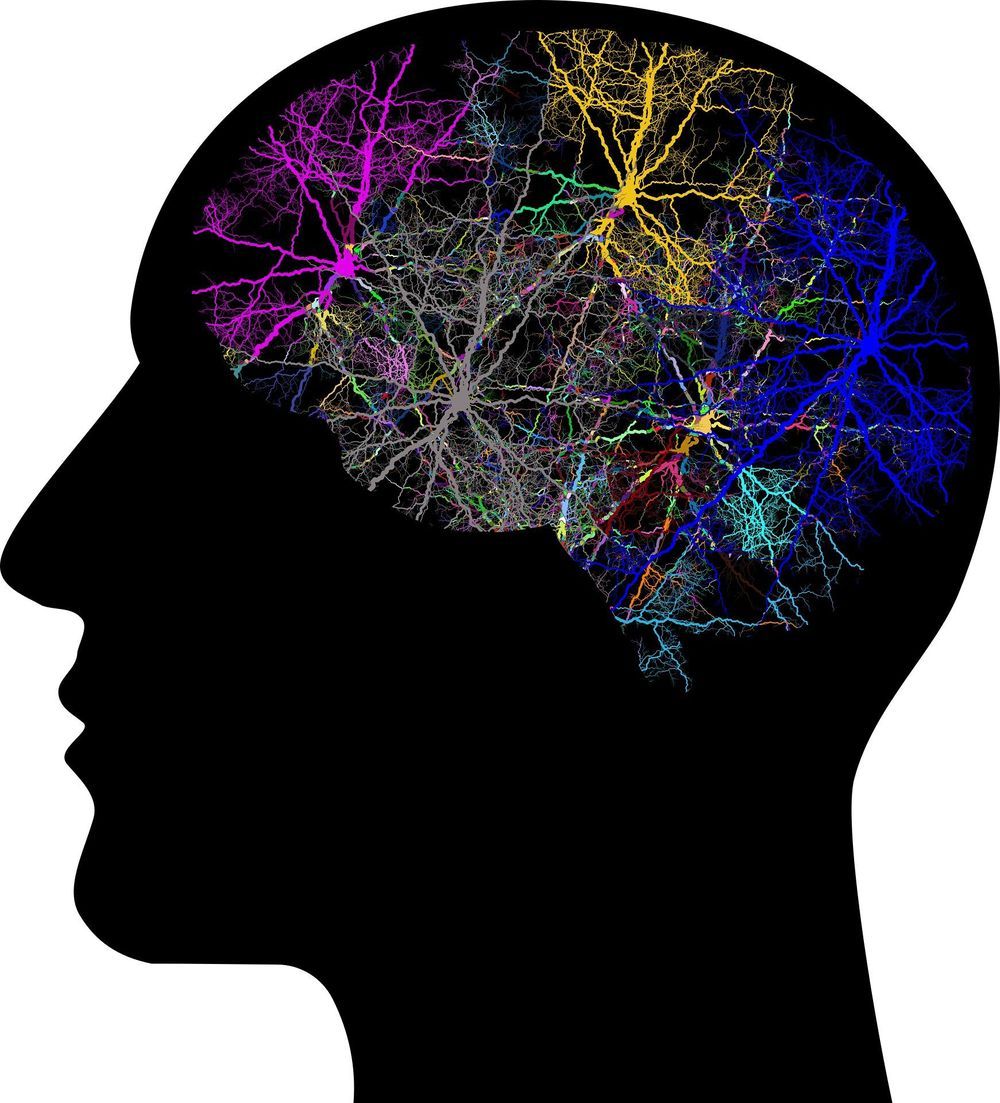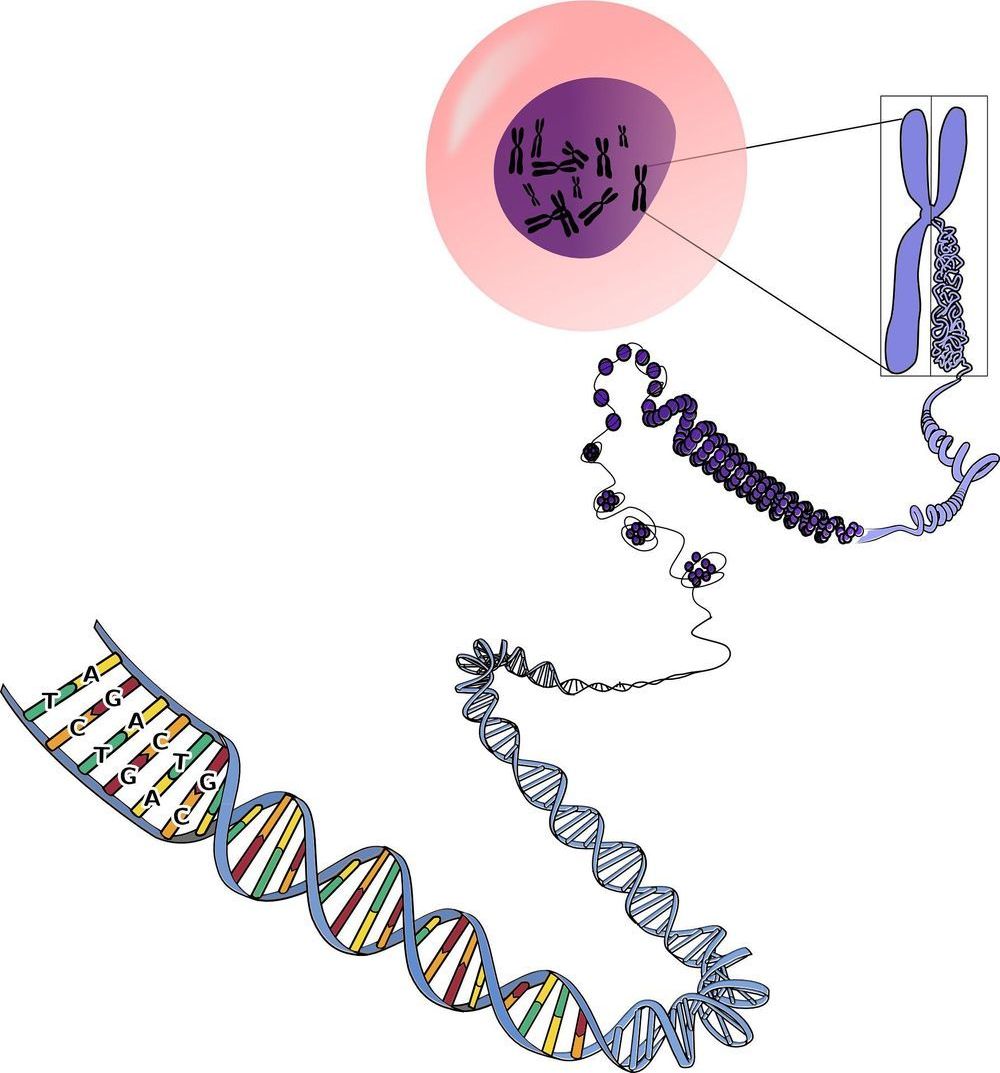The Versatile Video Coding standard (H.266) has been finalised by industry partners – designed to halve the bitrate of previous formats, and paving the way for on-demand 8K streaming services.



The human microbiome—our own personalized bacteria profile—plays a part in our health. The different parts of our body, from our skin to our gut, each have their own microbial profile. A team of researchers decided to explore the bacteria living inside our nose, publishing this week in the journal Cell Reports. Microbiologist Sarah Lebeer, one of the authors of the study, discusses what beneficial bacteria reside in our nose—and how this could be used to create a probiotic for upper respiratory infections.
A team of researchers created a profile of the nose microbiome to help create future probiotics for upper respiratory infections.

Groups of neurons in the human brain produce patterns of activity that represent information about the stimuli that one is perceiving and then convey these patterns to different brain regions via nerve cell junctions known as synapses. So far, most neuroscience studies have focused on the two primary components of neuron information processing individually (i.e., the representation of stimuli in the form of neural activity and the transmission of this information in networks that model neural interactions), rather than exploring them together.
A team of researchers at the University of Pennsylvania recently reviewed literature investigating each of these two components, in order to develop a holistic framework that better describes how groups of neurons process information. Their paper, published in Nature Neuroscience, introduces a holistic theoretical perspective that could inform future neuroscience research focusing on neural information processing.
“In the past decade or so, neuroscientists have used more sophisticated tools to understand how the brain represents things that it sees or hears in its environment,” Harang Ju and Danielle Bassett, the two researchers who carried out the study, told Medical Xpress. “Some researchers studied brain representations as single patterns of brain activity, while others studied representations as changing patterns of activity. The aim of our paper was to explore how understanding the brain as a network of neural units and their connections could frame the recent developments in a way that helps push the field towards a better understanding of the dynamic nature of neural representations.”

We humans may not always see eye to eye on politics, religion, sports and other matters of debate. But at least we can agree on the location and size of objects in our physical surroundings. Or can we?
Not according to new UC Berkeley research, recently published in the Proceedings of the Royal Society B: Biological Sciences journal, that shows that our ability to pinpoint the exact location and size of things varies from one person to the next, and even within our own individual field of vision.
“We assume our perception is a perfect reflection of the physical world around us, but this study shows that each of us has a unique visual fingerprint,” said study lead author Zixuan Wang, a UC Berkeley doctoral student in psychology.

Queen’s University researchers uncover brain-based marker of new thoughts and discover we have more than 6,000 thoughts each day.
Researchers at Queen’s University have established a method that, for the first time, can detect indirectly when one thought ends and another begins. Dr. Jordan Poppenk (Psychology) and his master’s student, Julie Tseng, devised a way to isolate “thought worms,” consisting of consecutive moments when a person is focused on the same idea. This research was recently published in Nature Communications.
“What we call thought worms are adjacent points in a simplified representation of activity patterns in the brain. The brain occupies a different point in this ‘state space’ at every moment. When a person moves onto a new thought, they create a new thought worm that we can detect with our methods,” explains Dr. Poppenk, who is the Canada Research Chair in Cognitive Neuroscience. “We also noticed that thought worms emerge right as new events do when people are watching movies. Drilling into this helped us validate the idea that the appearance of a new thought worm corresponds to a thought transition.”

Scientists successfully edited RNA in a living animal in such a way that the repaired RNA then corrected a mutation in a protein that gives rise to a debilitating neurological disorder in people known as Rett syndrome.
The advance by researchers at Oregon Health & Science University publishes in the journal Cell Reports.
“This is the first example of using programmable RNA editing to repair a gene in mouse models of a neurological disease,” said senior author Gail Mandel, Ph.D., senior scientist in the OHSU Vollum Institute. “This gives us an approach that has some traction.”
A new method developed at Cold Spring Harbor Laboratory (CSHL) uses DNA sequencing to efficiently map long-range connections between different regions of the brain. The approach dramatically reduces the cost of mapping brain-wide connections compared to traditional microscopy-based methods.
Neuroscientists need anatomical maps to understand how information flows from one region of the brain to another. “Charting the cellular connections between different parts of the brain—the connectome—can help reveal how the nervous system processes information, as well as how faulty wiring contributes to mental illness and other disorders,” says Longwen Huang, a postdoctoral researcher in CSHL Professor Anthony Zador’s lab. Creating these maps has been expensive and time-consuming, demanding massive efforts that are out of reach for most research teams.
Researchers usually follow neurons’ paths using fluorescent labels, which can highlight how individual cells branch through a tangled neural network to find and connect with their targets. But, the palette of fluorescent labels suitable for this work is limited. Researchers can inject different colored dyes into two or three parts of the brain, then trace the connections emanating from those regions. They can repeat this process, targeting new regions, to visualize additional connections. In order to generate a brain-wide map, this must be done hundreds of times, using new research animals each time.
#HubbleClassic On January 19, 2015, Hubble captured a global map of Jupiter. This video was made from the observations.
Today, Jupiter is at opposition, meaning it shines in our sky all night long and is the closest to Earth that it’ll be all year.
#NASA #Hubble #classic #jupiter #planet #video #solarsystem #astronomy #space #science
Admin and Founder of The Secrets of the Universe and former intern at Indian Institute of Astrophysics, Bangalore, I am a science student pursuing Master’s in Physics from India. I love to study and write about Stellar Astrophysics, Relativity & Quantum Mechanics.
Mercury.
Great.
NASA is sending a small helicopter called Ingenuity with the Perseverance rover to Mars. It will be the first aircraft to fly in Mars if all goes well. [NASA has built a helicopter to explore Mars and it’s finally ready to launch](https://www.space.com/first-mars-helicopter-ready-to-launch.html)
Credit: NASA/JPL-Caltech